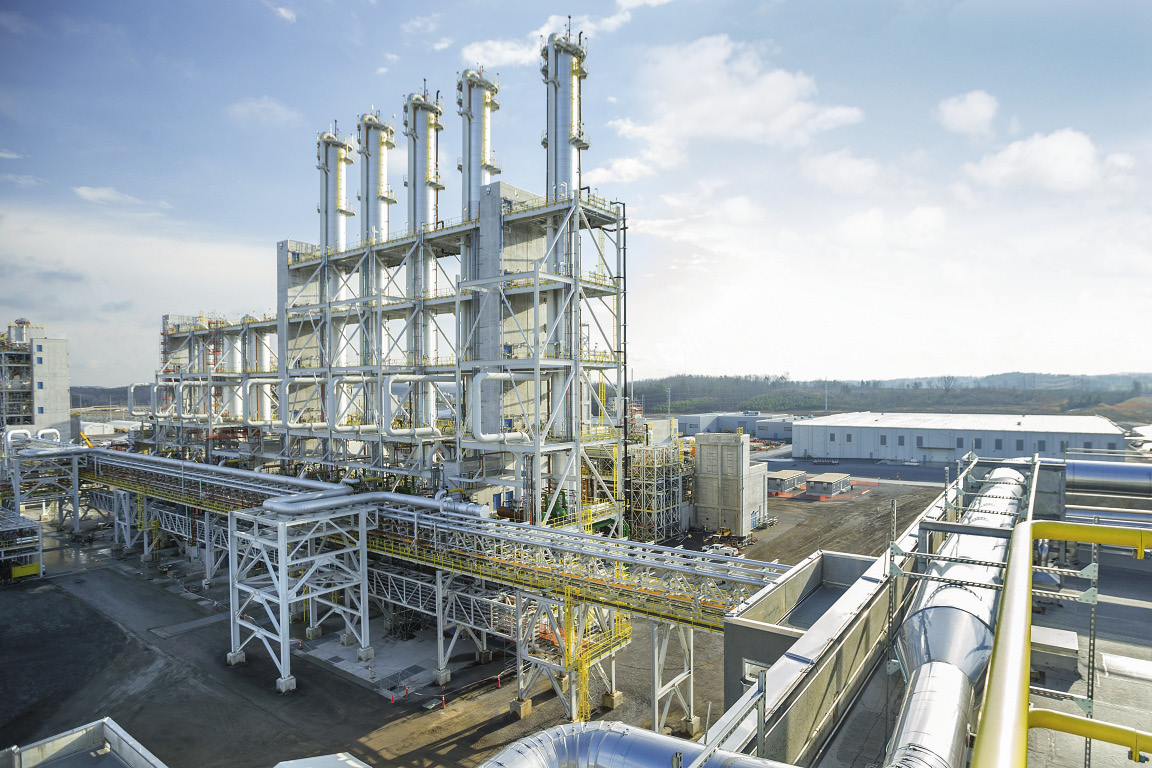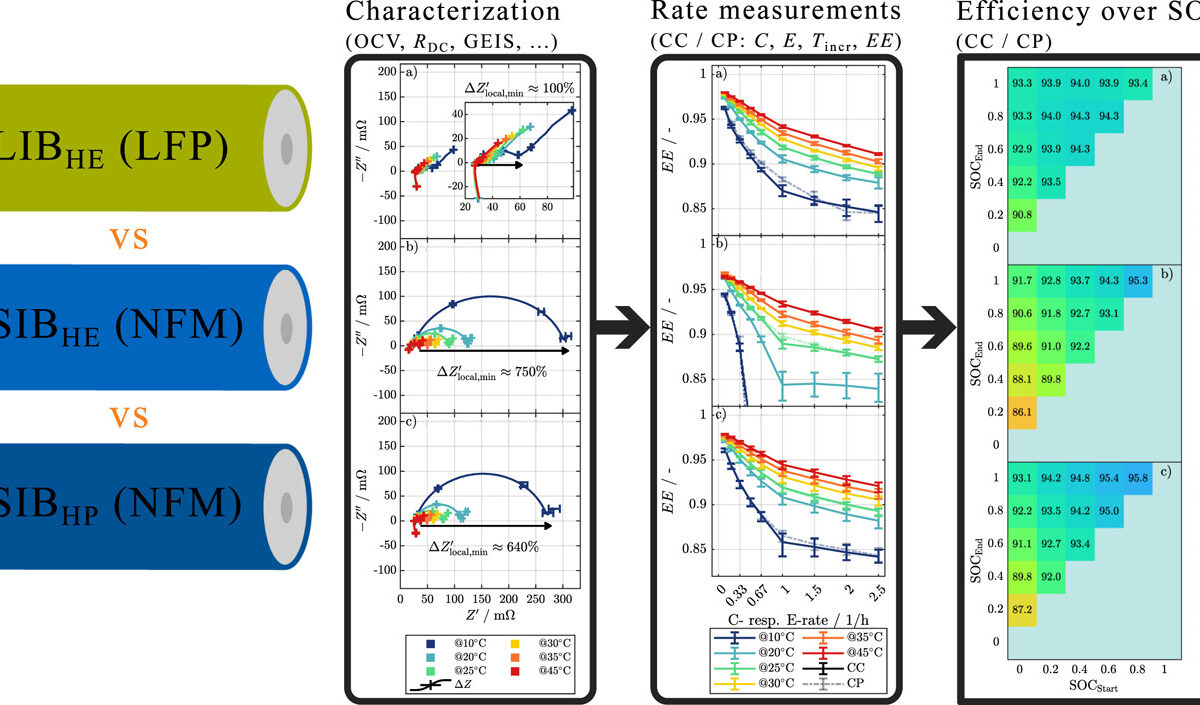Wacker Chemie today announced that it is reining in its earnings forecast for 2019, as an expected increase in the price for solar-grade polysilicon in the second half of the year, driven by increased demand from China, has so far failed to materialize.
The German chemicals giant now expects full-year group sales to stay at the same level as in 2018 – having previously forecast a mid-single digit percentage increase, and its EBITDA to come in around 30% lower than 2018’s €930 million – where it previously predicted a smaller drop of 10-20%.
“Our expectations have declined primarily because prices for polysilicon remain extremely low,” said Wacker CEO Rudolf Staudigl. “Many market experts anticipated a price recovery for solar silicon in the second half-year – an assumption that was reflected in our previous guidance. But the average prices for this material have not improved. Instead, they fell further in the third quarter due to overcapacity created by Chinese competitors.”
Polysilicon prices will likely stay the same throughout October, according to information from PV InfoLink, with prices in China remaining at around RMB 75 ($10.57)/kg for monocrystalline, and RMB 60/kg for multicrystalline. The analysts noted that Chinese producers currently undergoing maintenance may resume production in November, further pushing down the price for multicrystalline grade poly. For mono, meanwhile, the Taiwan-based analysts expect to see prices outside of China increase only slightly for the rest of 2019.
Many industry players had been expecting an installation rally from China to boost demand in the second half of the year, but this has been slow to materialize. And China’s polysilicon output has greatly increased this year, with Daqo New Energy, Tongwei and others bringing manufacturing facilities online in parts of western China, where low electricity prices can result in cost structures that are difficult for overseas players to compete with.
With this in mind, Wacker also announced plans for a comprehensive program of cost savings and efficiency increases. “We must, and will, effectively counter the increasingly difficult conditions in our business,” said Staudigl.
Wacker also provided a preview of its figures for the third quarter of 2019, which suggest group sales of €1,270 million and an EBITDA of €270 million – including €112 million in insurance compensation resulting from a 2017 accident at its U.S. factory. The full interim report for the third quarter of 2019 will be published on Oct. 24.
This content is protected by copyright and may not be reused. If you want to cooperate with us and would like to reuse some of our content, please contact: editors@pv-magazine.com.




By submitting this form you agree to pv magazine using your data for the purposes of publishing your comment.
Your personal data will only be disclosed or otherwise transmitted to third parties for the purposes of spam filtering or if this is necessary for technical maintenance of the website. Any other transfer to third parties will not take place unless this is justified on the basis of applicable data protection regulations or if pv magazine is legally obliged to do so.
You may revoke this consent at any time with effect for the future, in which case your personal data will be deleted immediately. Otherwise, your data will be deleted if pv magazine has processed your request or the purpose of data storage is fulfilled.
Further information on data privacy can be found in our Data Protection Policy.